iPhone 12 delay wiped $100 billion from Apple's stock market value
The drop is a reflection of how heavily Apple relies on timing to generate success in its financial results
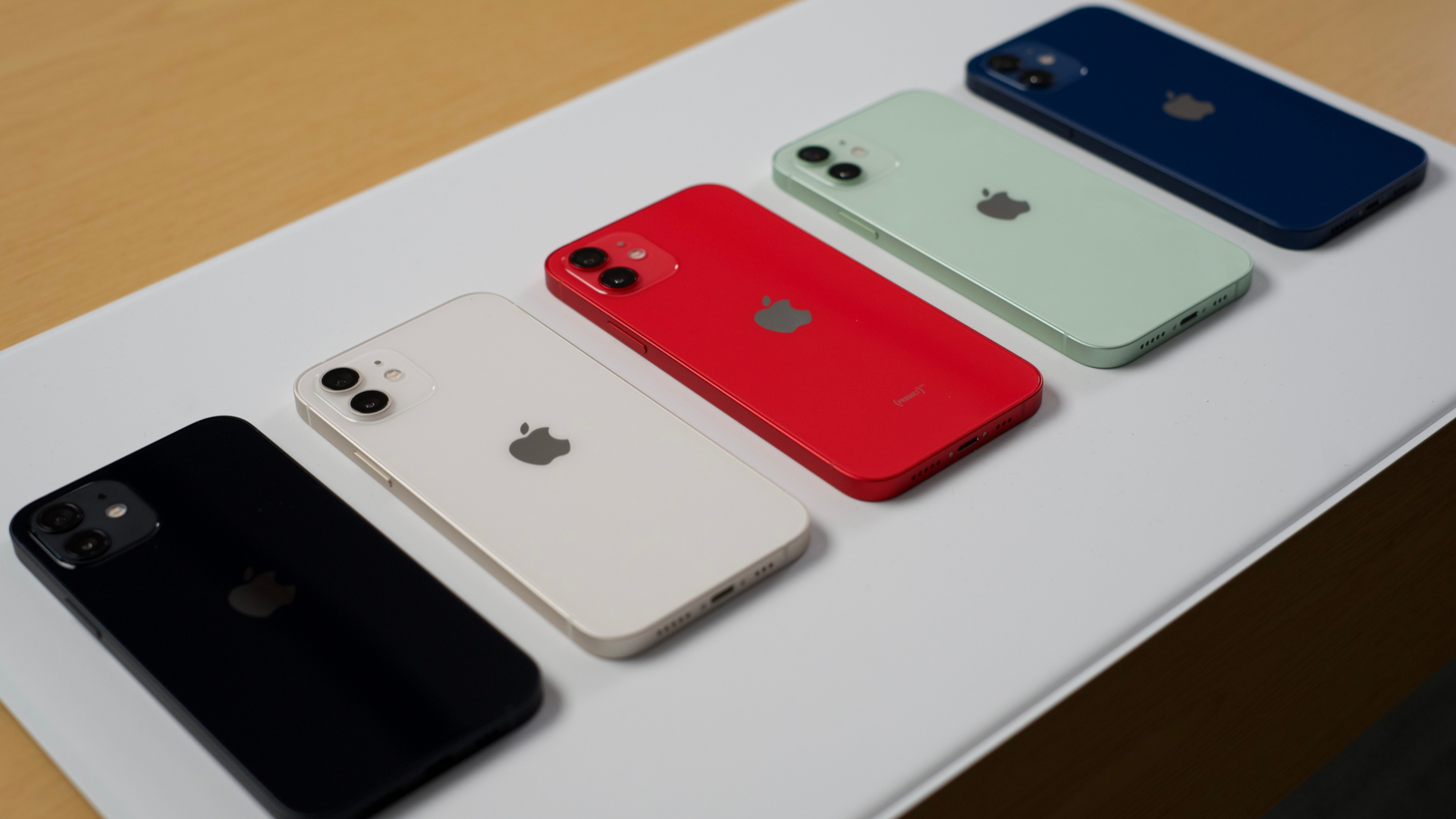

The decision to delay the launch of Apple’s iPhone 12 temporarily cost the company $100 billion in stock market value, as it plunged over 5% at one point in after-hours trading on Thursday.
Apple reported the most significant quarterly decline in iPhone sales in two years, following its decision to postpone the traditional September launch event by one month to 13 October. This largely contributed to iPhone sales plummeting 20.7% to $26.4 billion globally, and by 28.5% to $7.95 billion in China.
September has been Apple's favoured release window for the past seven years, however, after what appears to have been manufacturing delays due to the coronavirus pandemic, the company announced in August it would be postponing the release.
Due to the delay, the opening-weekend sales of Apple’s flagship smartphone are not included in the fiscal fourth-quarter results, which ended on 26 September. Apple CEO Tim Cook told Reuters that, based on the first five days of shipping data, he remains “optimistic” about the iPhone 12’s success.
“What we’re seeing in the early going in the first five days gives us a lot of confidence that China will return to growth in our fiscal Q1,” he said, describing 5G as a “once-in-a-decade kind of opportunity”.
“We could not be more excited to hit the market exactly when we did,” he added.
The $100 billion drop in stock market value has exposed how heavily Apple relies on timing to generate the success of its financial results, although the decline is more a symptom of difficult market conditions rather than a reflection of Apple's worth.
Get the ITPro daily newsletter
Sign up today and you will receive a free copy of our Future Focus 2025 report - the leading guidance on AI, cybersecurity and other IT challenges as per 700+ senior executives
Overall, Apple exceeded analyst revenue and profits expectations, reporting $64.7 billion and 73 cents per share instead of the $63.7 billion and 70 cents estimated by IBES data from Refinitiv.
Despite poor iPhone sales, the company said that the revenue from its accessories segment was up 20.8% to $7.9 billion, compared with Refinitiv estimates of a 13.5% rise to $7.4 billion. Mac and iPad sales were also strong, at $9 billion and $6.8 billion, compared with analyst estimates of $7.92 billion and $6.12 billion – likely buoyed by strong demand for hardware as many continue to work from home.
Having only graduated from City University in 2019, Sabina has already demonstrated her abilities as a keen writer and effective journalist. Currently a content writer for Drapers, Sabina spent a number of years writing for ITPro, specialising in networking and telecommunications, as well as charting the efforts of technology companies to improve their inclusion and diversity strategies, a topic close to her heart.
Sabina has also held a number of editorial roles at Harper's Bazaar, Cube Collective, and HighClouds.
-
 Bigger salaries, more burnout: Is the CISO role in crisis?
Bigger salaries, more burnout: Is the CISO role in crisis?In-depth CISOs are more stressed than ever before – but why is this and what can be done?
By Kate O'Flaherty Published
-
 Cheap cyber crime kits can be bought on the dark web for less than $25
Cheap cyber crime kits can be bought on the dark web for less than $25News Research from NordVPN shows phishing kits are now widely available on the dark web and via messaging apps like Telegram, and are often selling for less than $25.
By Emma Woollacott Published
-
 The ultimate guide to getting your killer app off the ground
The ultimate guide to getting your killer app off the groundIndustry Insight When building software, the process of designing, testing, prototyping, and perfecting your project is never ending
By Jon Spinage Published
-
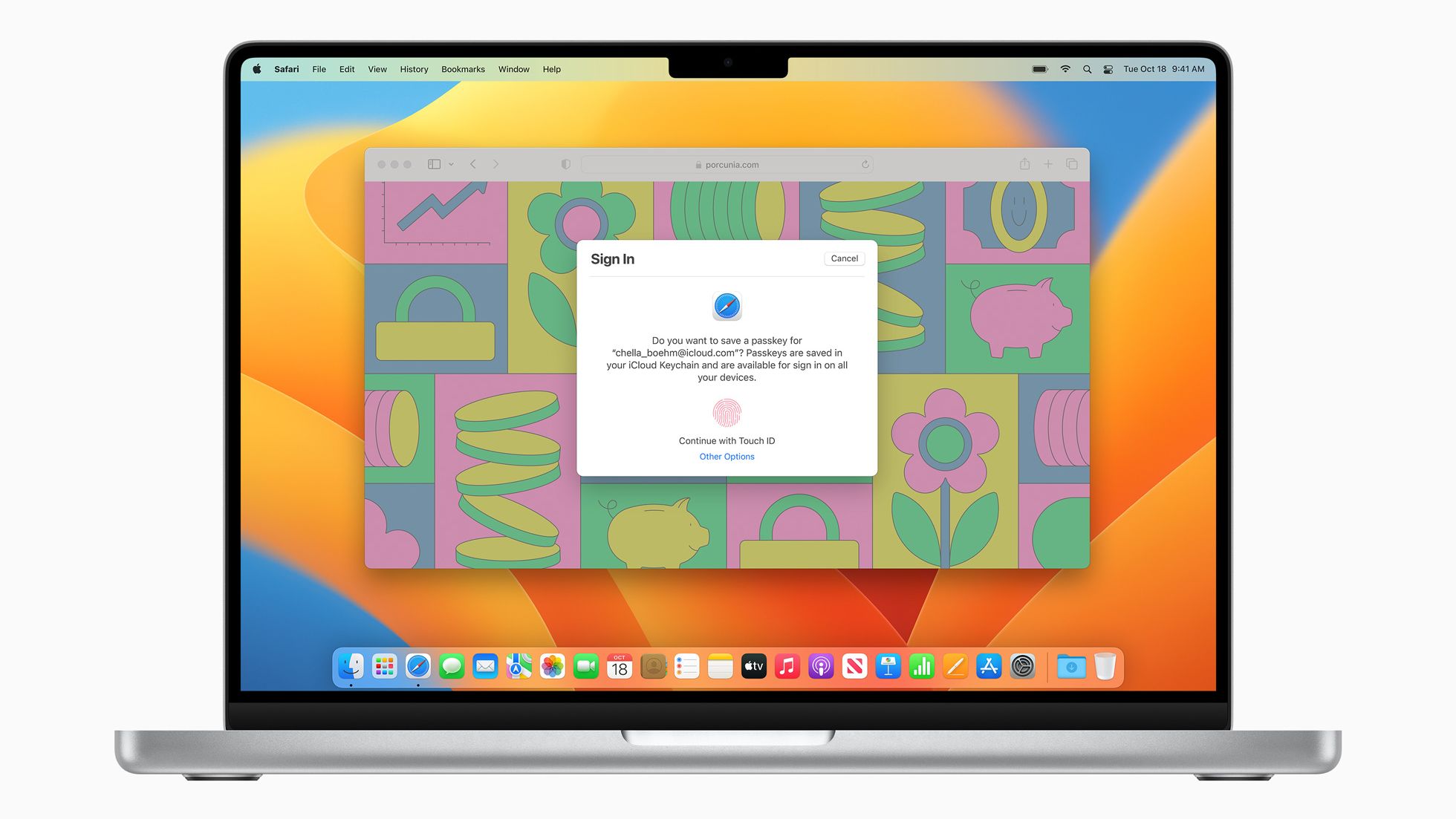 New macOS Ventura security features make for a compelling upgrade
New macOS Ventura security features make for a compelling upgradeAnalysis Organisations will be sure to welcome the new security features, as well as the collaboration and organisational tools included in the new free update
By Zach Marzouk Published
-
 How to turn on Bluetooth for Windows 10
How to turn on Bluetooth for Windows 10In-depth A step by step guide to turning on Bluetooth in Windows 10 and easily connect your keyboard, mouse, headphones, or printer
By Zach Marzouk Published
-
 Microsoft reveals price decreases for Teams Rooms, new free tier
Microsoft reveals price decreases for Teams Rooms, new free tierNews Under the new plans, businesses with certified hardware can use the service at no extra cost
By Rory Bathgate Published
-
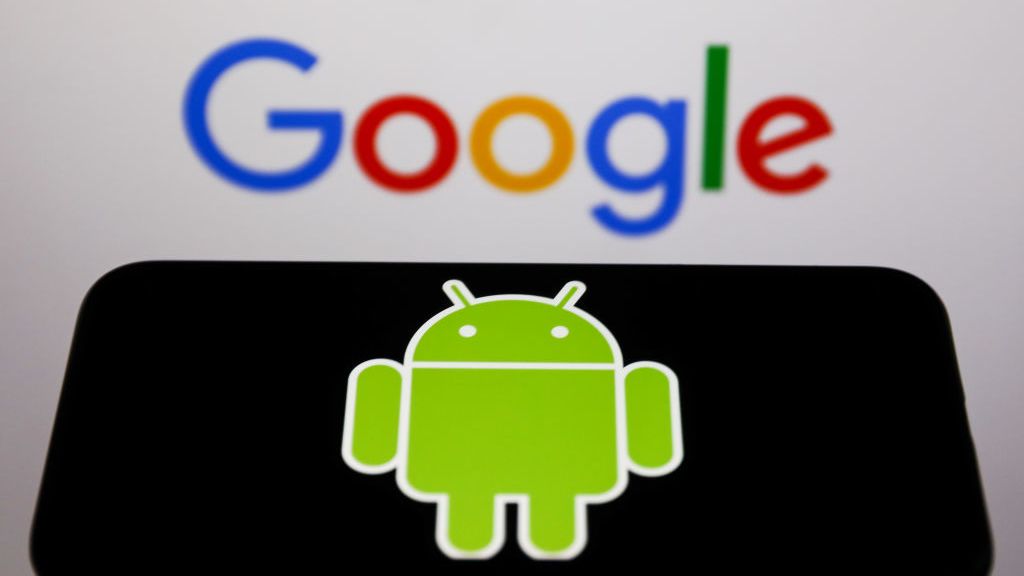 Google urges Apple to embrace RCS as standard, ditch SMS for Android texts
Google urges Apple to embrace RCS as standard, ditch SMS for Android textsNews #GetTheMessage seeks to create viral pressure on Apple, with Google shaming its competitor for clinging to standards from which the rest of the market has moved on
By Rory Bathgate Published
-
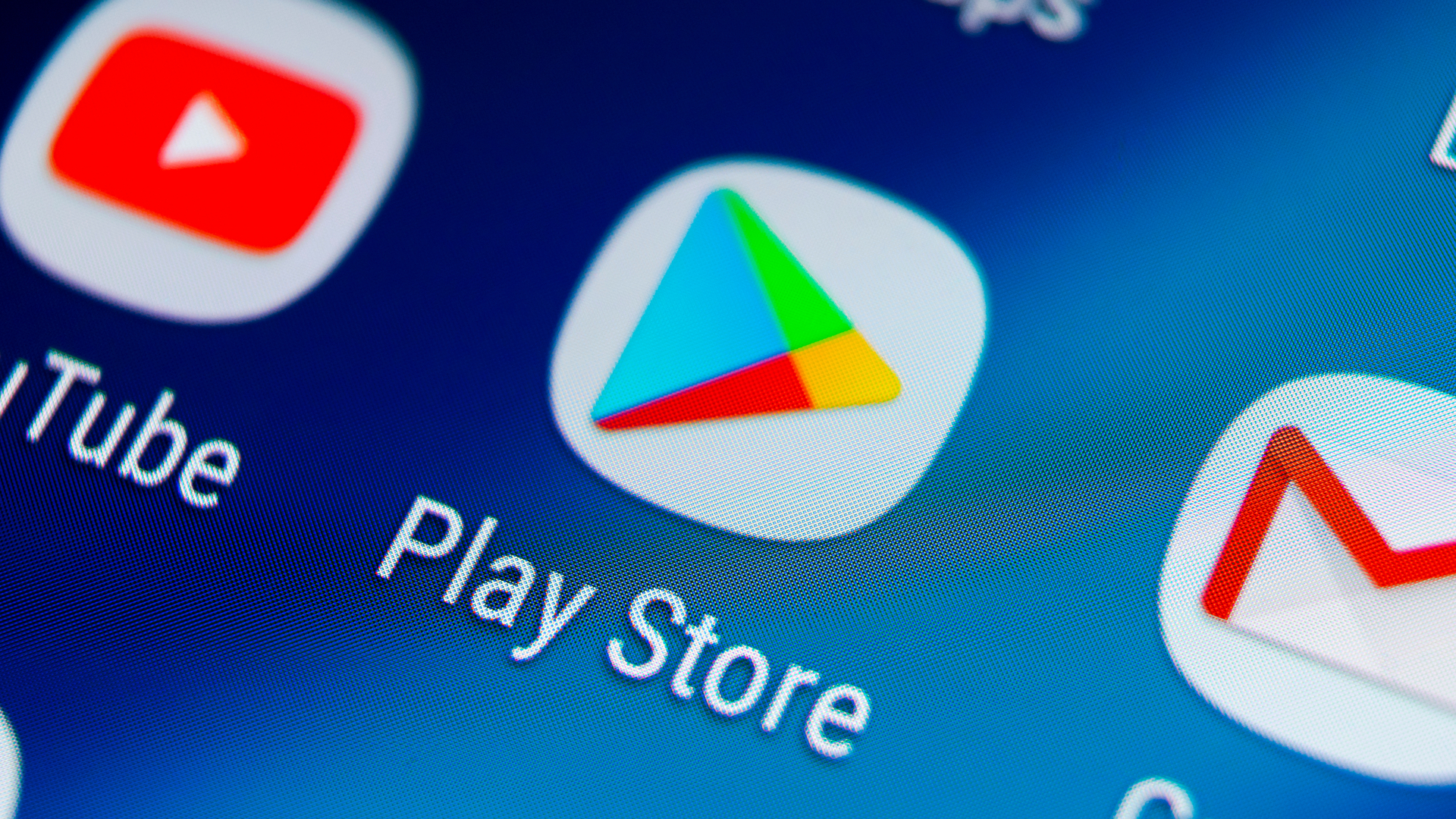 Google to pay $90 million settlement over Play Store billing dispute
Google to pay $90 million settlement over Play Store billing disputeNews The tech giant also announced changes to its Developer Distribution Agreement
By Praharsha Anand Published
-
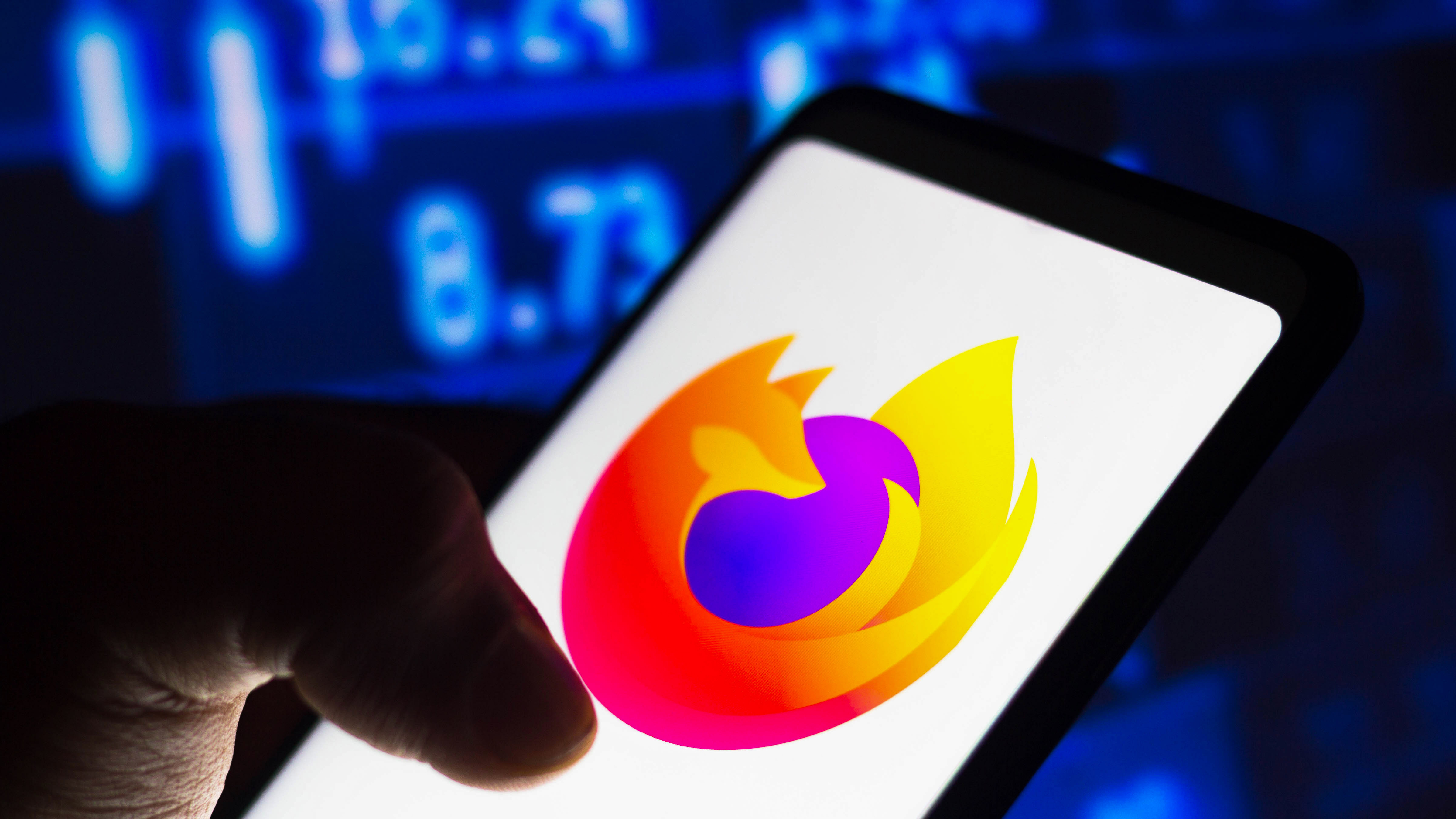 Mozilla suspends cryptocurrency donations following backlash
Mozilla suspends cryptocurrency donations following backlashNews However, the option to donate bitcoin to the Mozilla Foundation might return in the future
By Sabina Weston Published
-
 Nikulipe: Has COVID democratised online payments?
Nikulipe: Has COVID democratised online payments?Case Studies With more customers forced to buy online, are merchants offering the right ways to pay?
By Elliot Mulley-Goodbarne Published